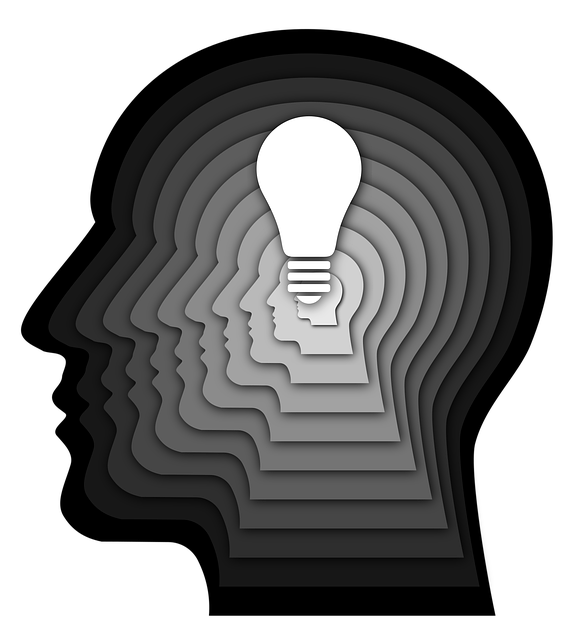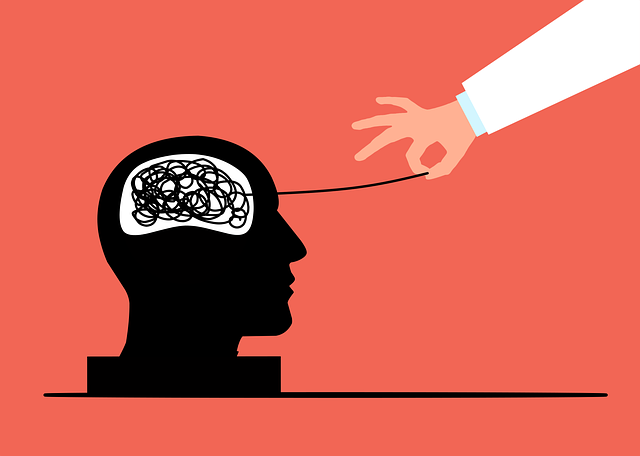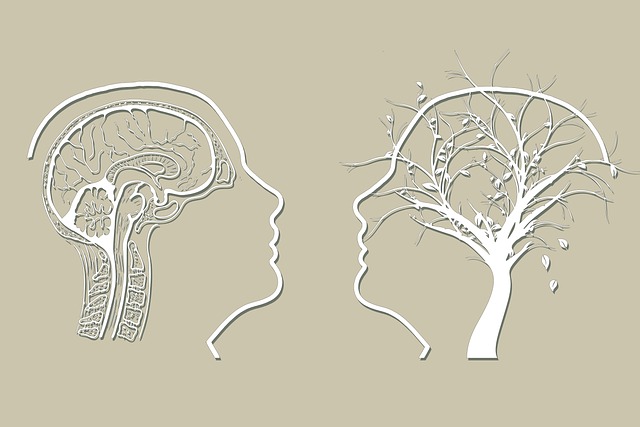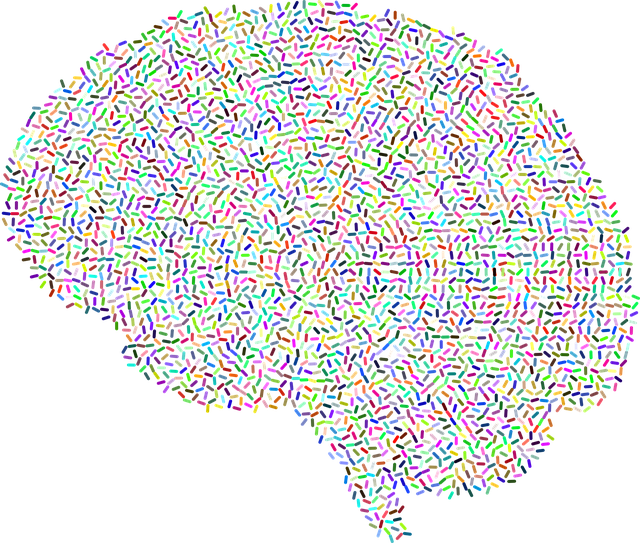The text highlights the unique mental health challenges faced by elders and first responders, who are often overlooked. It emphasizes the increased risks of anxiety, depression, and PTSD due to trauma exposure. Tailored therapy, self-care practices (like mental wellness podcasts), ancient mindfulness meditation, and structured routines are crucial for processing emotions, fostering resilience, and enhancing overall well-being for these individuals, ensuring they can navigate their respective challenges effectively.
In today’s fast-paced world, self-care is essential for maintaining optimal mental well-being, especially among elders and first responders. This article delves into the unique stressors faced by these populations, highlighting the critical need for tailored self-care strategies. We explore effective practices designed specifically for seniors and emergency services personnel, offering a comprehensive guide to fostering sustainable routines. By addressing the specific challenges they face, we aim to empower individuals with tools for enhancing their overall well-being, including therapy options particularly beneficial for elders and first responders.
- Understanding the Unique Stressors Faced by Elders and First Responders
- The Importance of Self-Care for Elderly Individuals and Front-Line Workers
- Effective Self-Care Strategies Specifically Tailored for Aging Populations and Emergency Services Personnel
- Creating Sustainable Routines for Optimal Mental Well-being: A Comprehensive Guide for Seniors and First Responders
Understanding the Unique Stressors Faced by Elders and First Responders

The unique challenges faced by elders and first responders often go unnoticed, yet their impact on mental health is profound. As individuals who dedicate their lives to serving others, they bear witness to traumatic events and carry heavy emotional burdens. Elders, in particular, may struggle with feelings of isolation as they navigate the complexities of aging, while first responders deal with the constant stress of high-pressure situations. This combination of physical and emotional demands can lead to a heightened risk of anxiety, depression, and post-traumatic stress disorder (PTSD).
Addressing these issues requires tailored therapy for elders and first responders, incorporating empathy-building strategies that foster open dialogue about their experiences. Emotional intelligence plays a crucial role in helping them process difficult emotions and develop resilience. By applying mind over matter principles, individuals can learn to manage stress, reframe negative thoughts, and cultivate a sense of inner calm, ultimately enhancing their overall well-being.
The Importance of Self-Care for Elderly Individuals and Front-Line Workers

For elderly individuals and front-line workers, self-care is not a luxury but an essential aspect of maintaining physical and mental health. As people age, they often face increased health challenges, loneliness, and reduced mobility, making it crucial for them to engage in regular self-care practices such as therapy for elders. Professional mental wellness podcasts and educational programs designed to enhance mental health can play a pivotal role in their daily routines. These resources offer coping skills development tailored to their unique needs, helping them navigate the complexities of aging gracefully while maintaining their independence.
Similarly, front-line workers—be they paramedics, police officers, or healthcare professionals—often deal with high-stress situations on a regular basis. Engaging in self-care practices, such as those promoted through mental health education programs, is vital for their well-being. It helps them manage stress, prevent burnout, and maintain the resilience necessary to perform their duties effectively. By prioritizing their own mental wellness, front-line workers can better serve their communities and ensure they are at their best when facing challenging situations.
Effective Self-Care Strategies Specifically Tailored for Aging Populations and Emergency Services Personnel

As people age, their physical and mental health needs evolve, making tailored self-care strategies essential. For elders, regular therapy sessions can be transformative, addressing unique challenges like isolation, chronic pain, or cognitive decline. Techniques such as mindfulness meditation, adapted from ancient practices, offer a powerful tool to manage stress and improve overall well-being. These methods focus on the mind-body connection, enhancing mental clarity and fostering resilience against age-related health issues.
Emergency services personnel, often facing high-stress situations daily, also benefit from specialized self-care programs. Burnout prevention strategies for healthcare providers are crucial to address the traumatic nature of their work. Incorporating Mind Over Matter principles can help first responders manage stress, improve sleep, and enhance emotional resilience. Trauma support services play a vital role in equipping these individuals with healthy coping mechanisms, ensuring they can continue their critical duties with sustained mental fortitude.
Creating Sustainable Routines for Optimal Mental Well-being: A Comprehensive Guide for Seniors and First Responders

Creating sustainable routines is a powerful tool for seniors and first responders to enhance their mental well-being. These individuals often face unique challenges that can lead to stress, anxiety, or burnout. Therefore, establishing consistent self-care practices is essential for maintaining resilience and overall health. A comprehensive guide should focus on simple yet effective rituals that can be integrated into daily lives, such as dedicated time for exercise, mindfulness practices, and hobbies. These routines not only promote emotional well-being but also serve as a form of therapy for elders and first responders, helping them process traumatic experiences and reduce the impact of stress hormones.
In light of these considerations, public awareness campaigns can play a pivotal role in encouraging healthy habits and emotional well-being promotion techniques tailored to this demographic. By sharing success stories and providing accessible resources, communities can foster an environment that prioritizes burnout prevention strategies for healthcare providers, ensuring they have the tools and support needed to thrive.
In light of the unique stressors experienced by elders and first responders, prioritizing self-care is more critical than ever. By understanding and implementing tailored strategies from therapy for elders first responders, sustainable routines can be established to enhance mental well-being. The comprehensive guide provided offers practical insights for seniors and front-line workers alike, ensuring they have the tools needed to navigate life’s challenges effectively and maintain resilience in their daily struggles.














